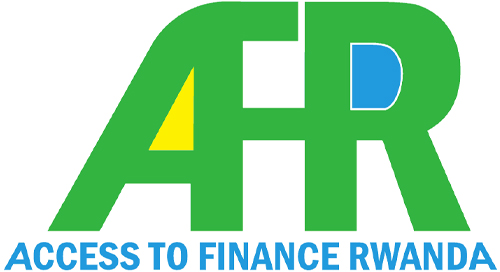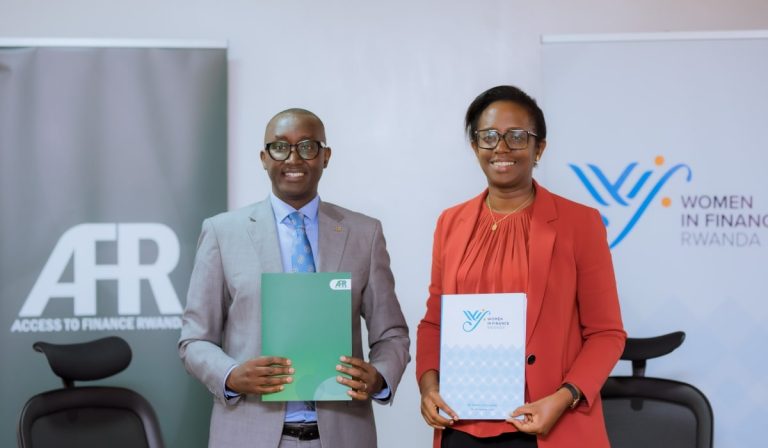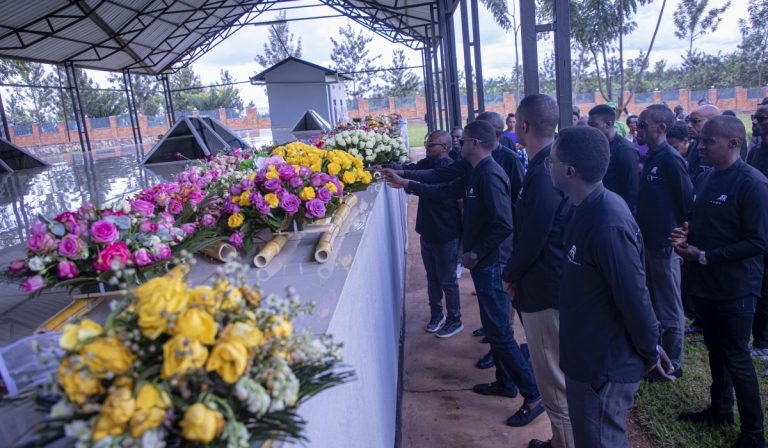

Executive Summary:
Article 2.1c of the Paris Agreement calls on Parties to ensure that all finance flows – whether public or private, existing or new – are ‘consistent with a pathway towards low greenhouse gas (GHG) emissions and climate-resilient development’ (UNFCCC, 2015).
However, there is an absence of official guidance on how exactly finance flows can and should be made consistent. This helps countries to take ownership and determine how to finance their own low-carbon pathways. But it also shies away from addressing some difficult questions that low-income countries with underdeveloped financial systems face in achieving just transitions towards net-zero emissions.
Ahead of the official Global Stocktake (GST) in 2023, this case study acts as a thought provoker and conversation starter for how to assess collective progress towards the long-term goals of the Paris Agreement in an emerging market setting. Complementing the existing case studies of High- (Switzerland) and Upper-Middle Income (Colombia) countries, it assesses public and private finance flows in Rwanda, a low-income country where GDP per capita is just shy of $800.
A majority of Rwandans live in extreme poverty, earning less than $1.90 a day in an economy that is largely based on subsistence agriculture. Located on the mountainous Congo-Nile Divide, the country is at increased risk of flooding, landslides and extended droughts due to the impact of climate change on increased rainfall variability. Public finance flows remain reliant on grant-based funding, while the country’s private sector is largely composed of informal small- and medium-sized informal retail enterprises.
Despite these circumstances, Rwanda has experienced meteoric economic growth averaging 7% of GDP over the last two decades. While its topography has drawn comparisons to Switzerland, the aspirations of Rwanda’s financial sector are being likened to those of Singapore. It is hailed as a developmental success story, and a pioneering force for green investment in sub-Saharan Africa. The Fund for Environment – FONERWA was established as Africa’s first Green Fund in 2012, and the country was the first in sub-Saharan Africa to update its Nationally Determined Contribution (NDC) in May 2021.
At COP26, Rwandan officials announced that the country would create a new Rwanda Green Investment Facility (RGIF). These initiatives complement existing flagship projects, such as Kigali’s Green City or the Kigali International Finance Centre (KIFC), aimed at attracting further investment into the country.
This paper represents the first substantial assessment of how well public and private finance flows comply with Article 2.1c of the Paris Agreement. As such, it can pave the way for other nations at similar stages of economic development seeking to make just transitions towards net-zero emissions.


